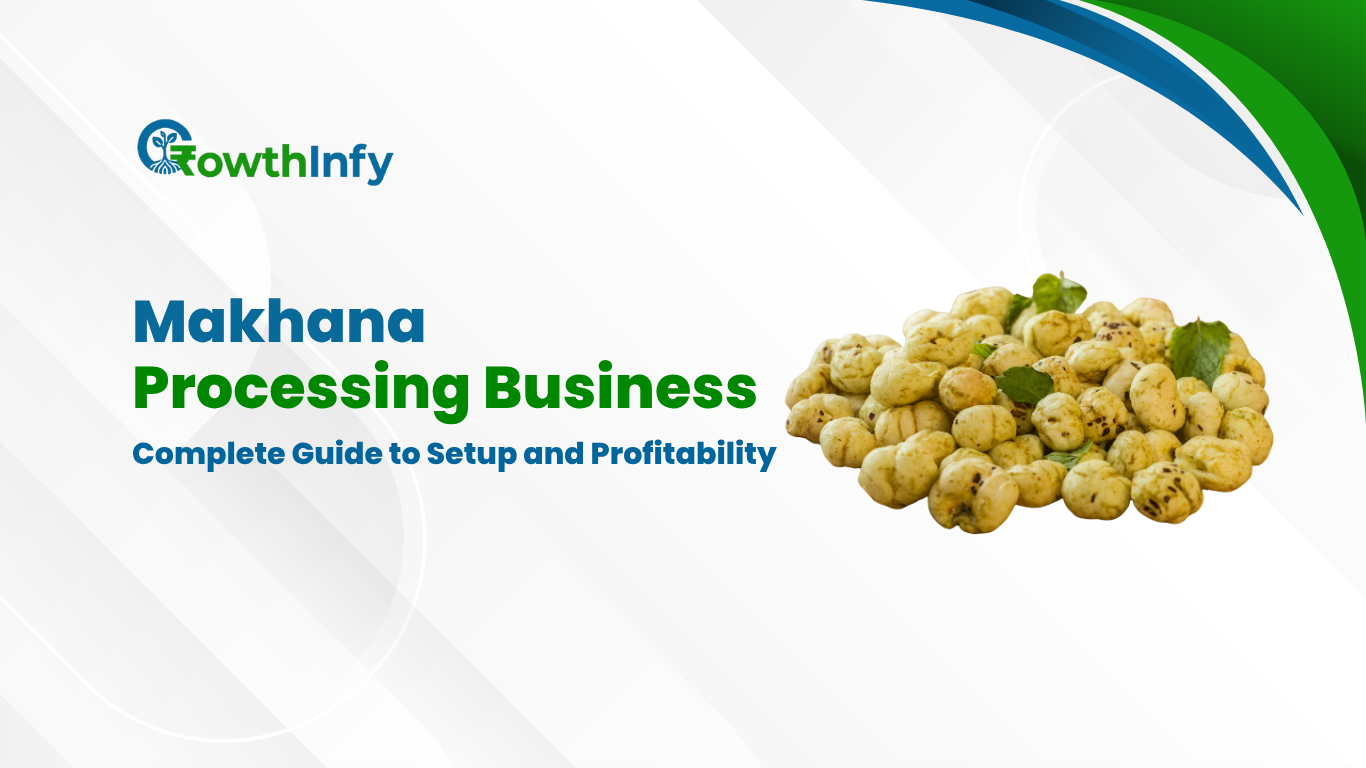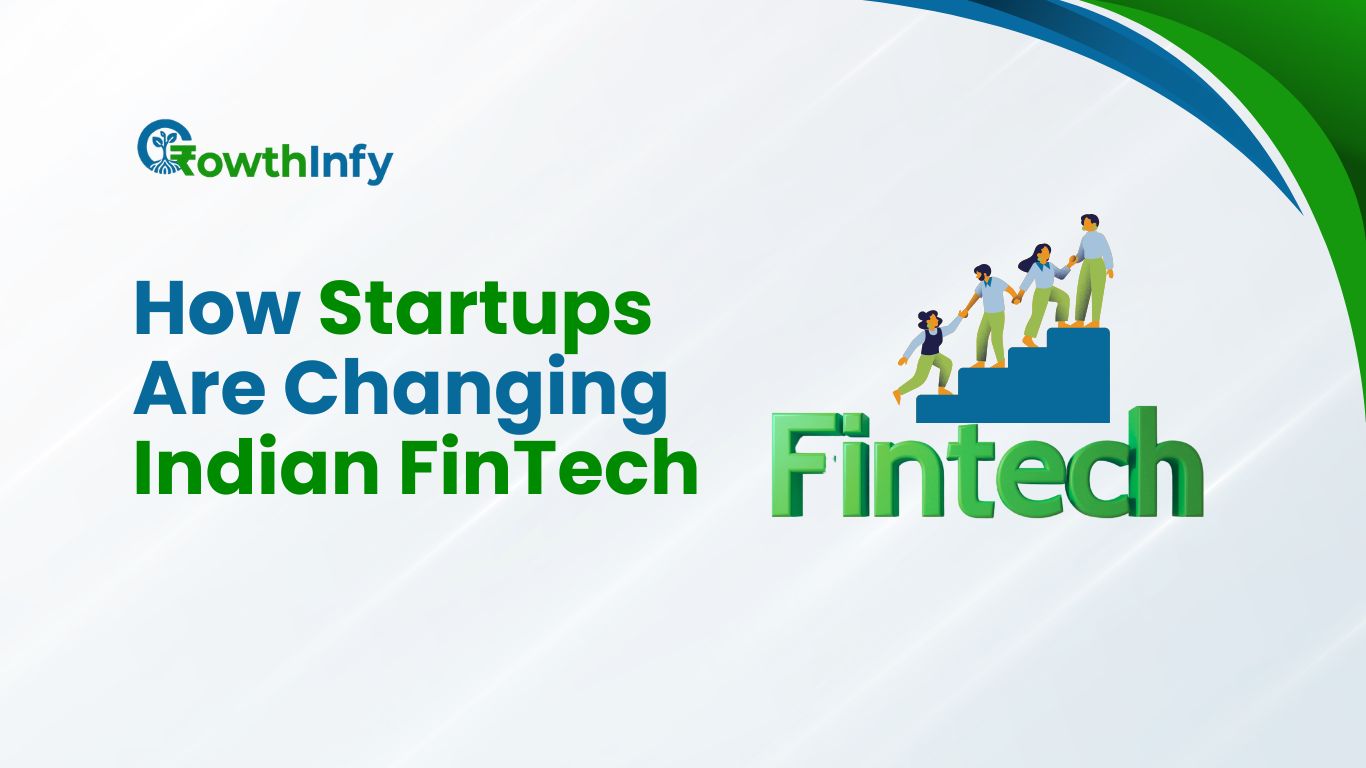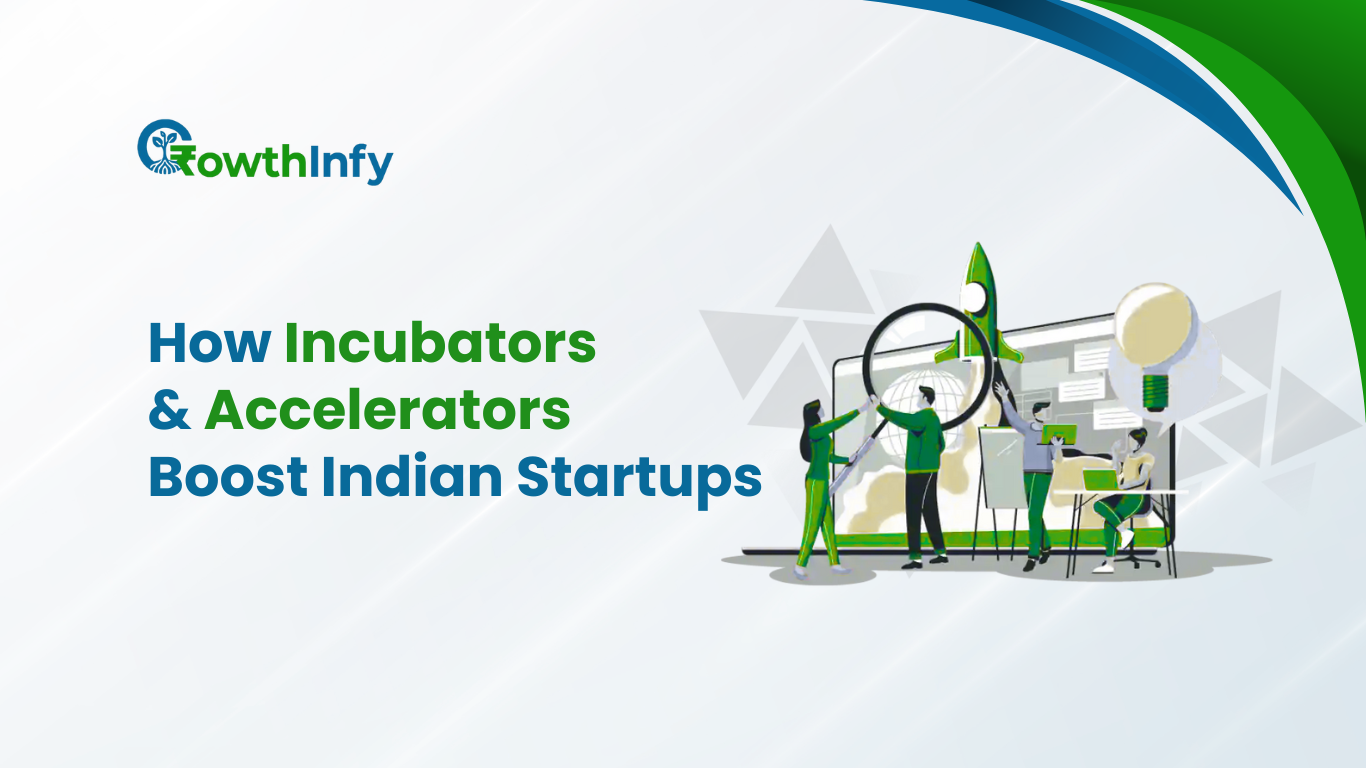Top Startup Trends to Watch in 2025
The startup ecosystem is one of the most dynamic scenarios in the year 2025. So fast is the pace of innovation that today startups are not merely solving problems but are also changing industries. Such transformation is provoked by rapid technological advancement, shifts in consumer demand, and an increasing global marketplace.
For founders, investors, and professionals alike, keeping ahead is no longer an option; it is critical. Knowing where the next wave of innovation will emerge can spell the difference for launching the next unicorn or for making investments that guarantee long-term growth. Now let us look into the top startup trends shaping the future in 2025.
1. AI-Powered Everything
Artificial intelligence has traveled through a transition from buzzword to a business necessity. In 2025, startups are embedding AI in every other aspect of their work-from automating customer support to content creation reformation.
- AI in SaaS: Software as a Service platforms are getting smarter, providing AI-based analytics and real-time decision-making tools.
- AI Co-Pilots: New tools that work as digital co-pilots for marketing, HR, law, and finance departments increase operational efficiency while minimizing human error.
- Example: Startups like LegalMind with AI-driven legal document drafting, while others like HyperReach tap the medium to run AI-based hyper-personalized campaigns.
2. Climate Tech & Sustainability Startups
Today, in this focus of discussion around climate change, the green start-ups would prove very effective and influential change agents. Investors, in fact, are increasingly investing major funds into sustainable and climate-smart solutions.
- Core Focus Areas – Renewable energy, electric vehicle (EV) infrastructure, carbon capture technologies, and sustainable packaging are fast-expanding sectors. They have many chances to make money.
- Examples: Indian startups like ZunRoof on solar energy and Ecoware on biodegradable products are eco-innovation leaders.
3. HealthTech & Wellness 2.0
The health sector is being digitized. Increased awareness about mental health and preventive care has led startups to develop customized tech-led solutions.
- Emerging themes : It include wearables, AI diagnostics, telemedicine, and biohacking.
- Examples : Platforms like CureAI that use AI diagnostic tools or MindTree Health that provides subscriptions to mental wellness programs.
4. FinTech Evolution: Beyond Digital Payments
FinTech has moved from merely payments and wallets into holistic financial ecosystems that go beyond. It begins with start-ups that meet deeper needs such as financial literacy, investing, and insurance.
- Key Trends: Emergence of neo-banking, embedded finance solutions, and wealth management aided through an artificial intelligence engine.
- Examples: KisanPay is a startup focusing on rural areas of India with micro loans and investment platforms designed specifically for users in Bharat.
5. EdTech Pivot to SkillTech & Career Platforms
EdTech is going from a conventional coaching model to learning through a practical skill-building dimension. More solemnly, courses are now looking to being employable, to being entrepreneurial, and ultimately considering alternative career paths.
- Highlights: Demand for gamified platforms, AI mentors, and career mapping tools.
- Examples: Startups such as SkillYatra provide courses in GST, personal finance, and startup management mostly for aspirants and professionals in Tier-2 and Tier-3 cities.
6.Creator Economy & Micro-Entrepreneurship
Solo economy is reconfiguring the way people earn and spend time online. It is converting the creators, teachers, and narrow-cast marketers into independent entrepreneurs with their own personal brands.
- Toolkits for Success: Subscription platforms, digital storefronts, and community-building toolkits are facilitating unprecedented empowerment for self-actualization in individuals.
- Example: Ko-fi India or CreatorKart platforms open up a room for creators in earning through content, making courses, or managing paid communities.
7.Web3 & Decentralized Applications
Just now, the blasts of noise around cryptocurrencies have receded to the greater issue at hand- the real utility. The new avenues for development are routed towards decentralized apps built to solve real-world problems. Among these innovations are Decentralized identity systems, peer-to-peer finance platforms, and blockchain voting and funding models.
Some other examples are DeWork, which offers decentralized job marketplaces, and FundCircle, which offers community-led fundraising.
These new-age startups and innovations really offer a lot- decentralized identity systems, peer-to-peer finance platforms, as well as blockchain voting and funding models.
8. AI in Local Languages & Bharat-focused Innovation
The next wave of digital transformation of India will be one that is written in Hindi, Tamil, Bengali, etc. Startups work on solving for vernacular users and building platforms that are hyper-local.
- Use Cases: The likes of search by voice in regional languages, AI-based translation engines, or content platforms for Tier-2 and Tier-3 cities offer tremendous potential.
- Examples: VaniAI makes possible voice time transactions, whereas BazaarGhar promotes regional e-commerce in local languages.
9. Remote Work, Collaboration & WorkTech Tools
The world of work has changed altogether now, and permanent hybrid and remote-first models are being adopted, redefining input and contributions of startups.
Startup Focus Areas include Workplace virtualisation, async communication tools, and Mental wellness for distributed teams.
- Examples: Like collabx, WorkZen is a platform taking the initiative of connecting teams, tracking productivity, and controlling the gig economy workforce.
10. Government & RegTech Startups
- It is now made easy by so many start-ups that have come up to simplify governance. One of the fast-growing segments is RegTech, specifically in a country where the compliance system is complex like India.
Potential Growth Areas: Platforms focused on automating GST filing, subsidy tracking, and legal compliance specifically for MSMEs. - Examples: Startups like TaxGenie and GovEase assist citizens and businesses in accessing schemes and keeping themselves compliant with minimum effort.
Conclusion
These ten trends somewhat illuminate how startups are innovating for the future, be it AI working through the revolution, climate tech saving the planet, or the trust ecosystem being revamped with Web3-all the while dotting the horizon with promise and hope in 2025.
These trends make for an interesting gateway for entrepreneurs and investors into some of the next great opportunities. The future belongs more to the observer, the adaptable, and the daring. If you have ever thought of setting forth with a serious venture, this is the time more than ever.










Pingback: Top Startup Trends to Watch in the Coming Year - On-Startup
Pingback: The Role of Women Entrepreneurs in the Indian Startup Ecosystem - Growthinfy